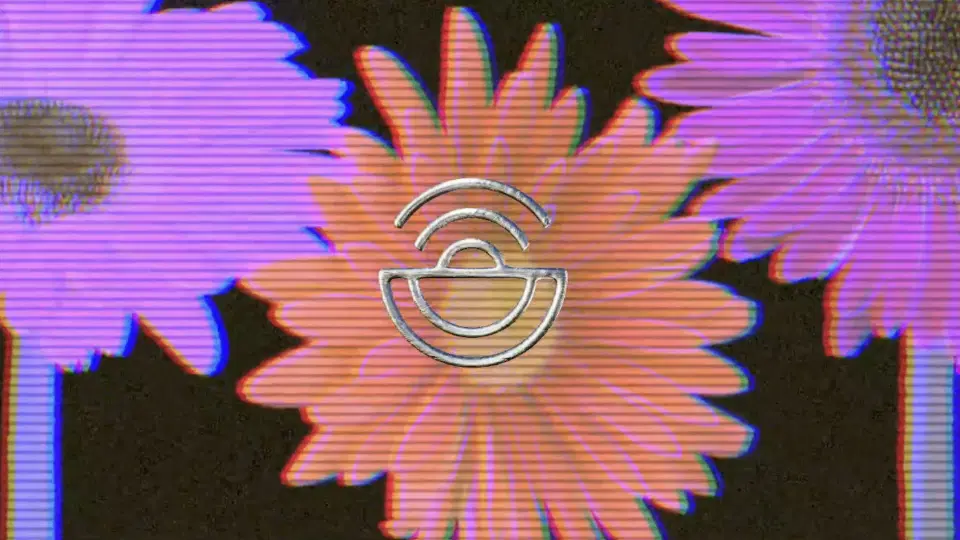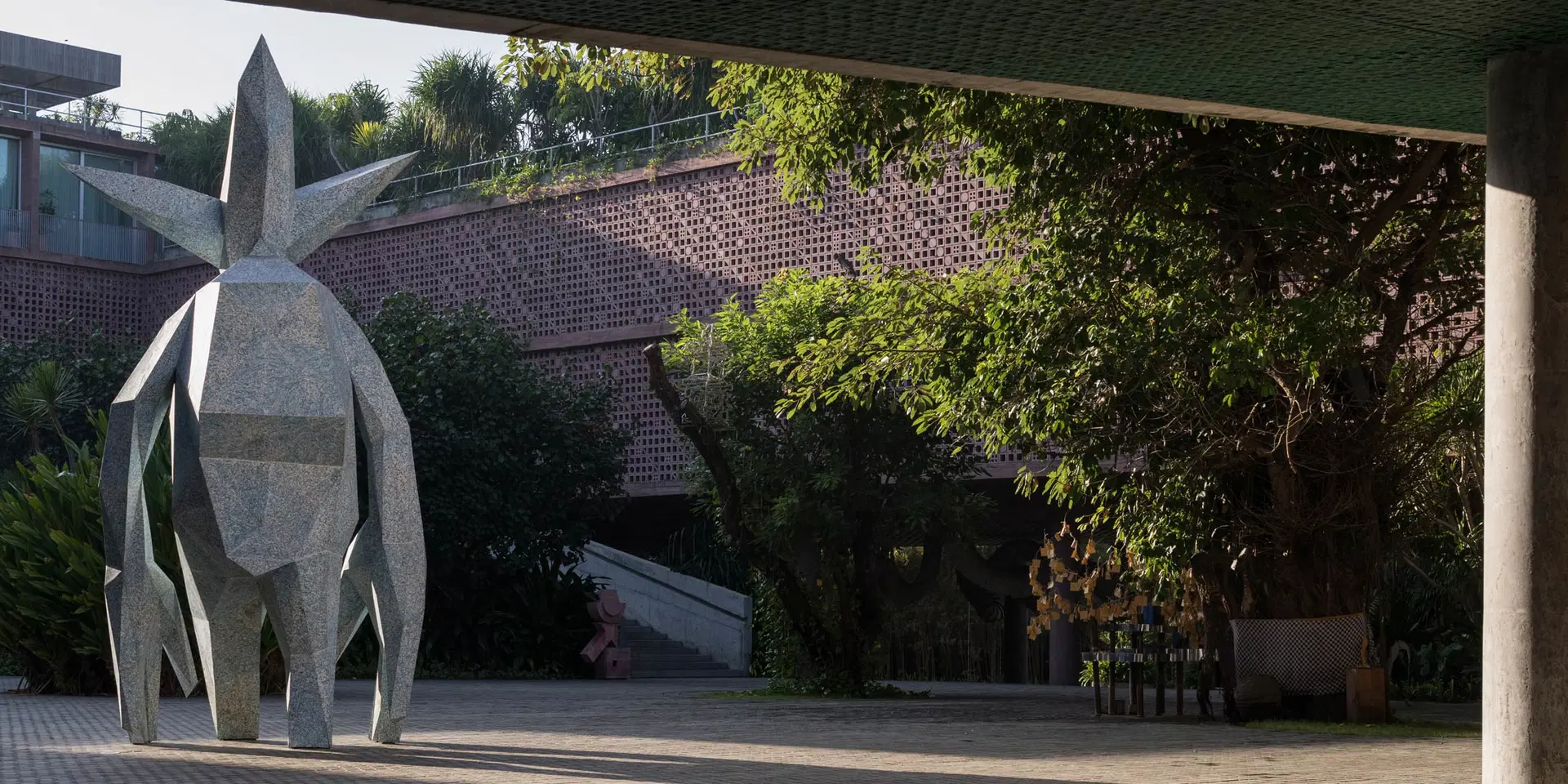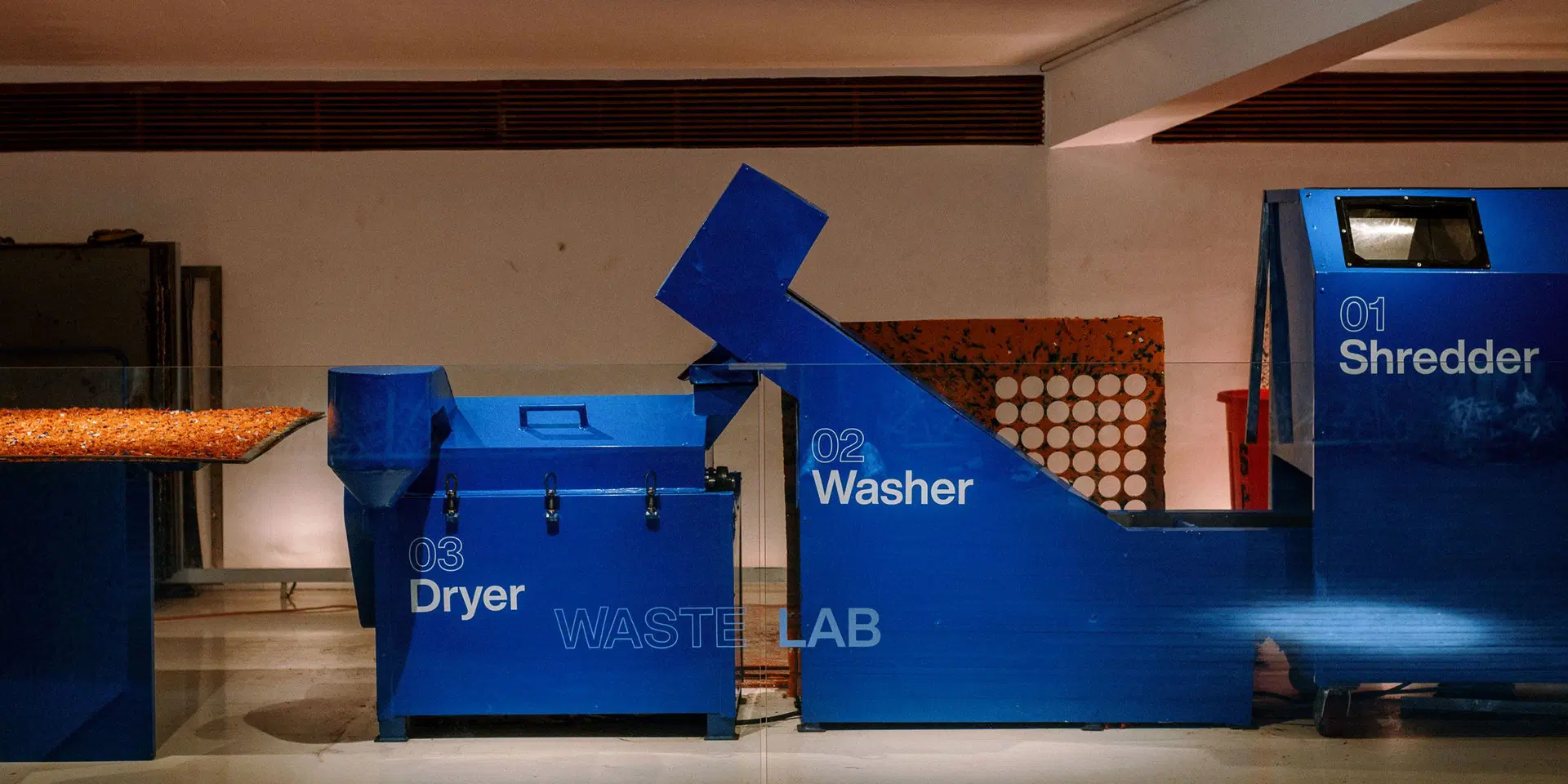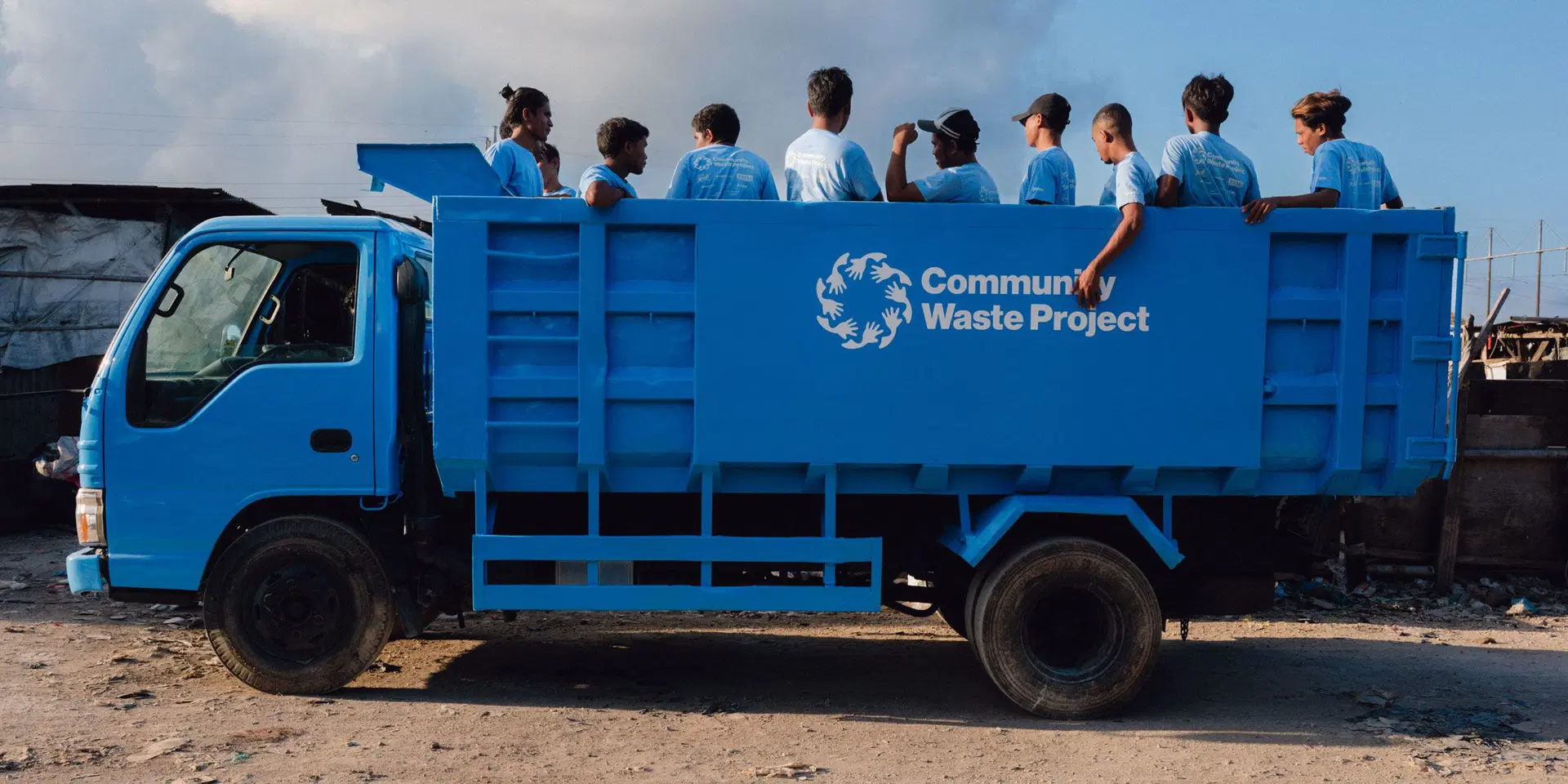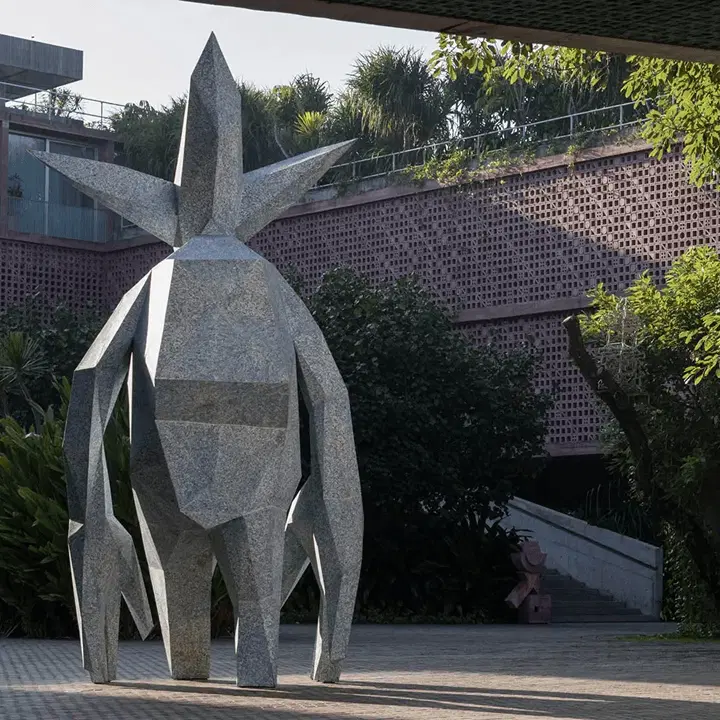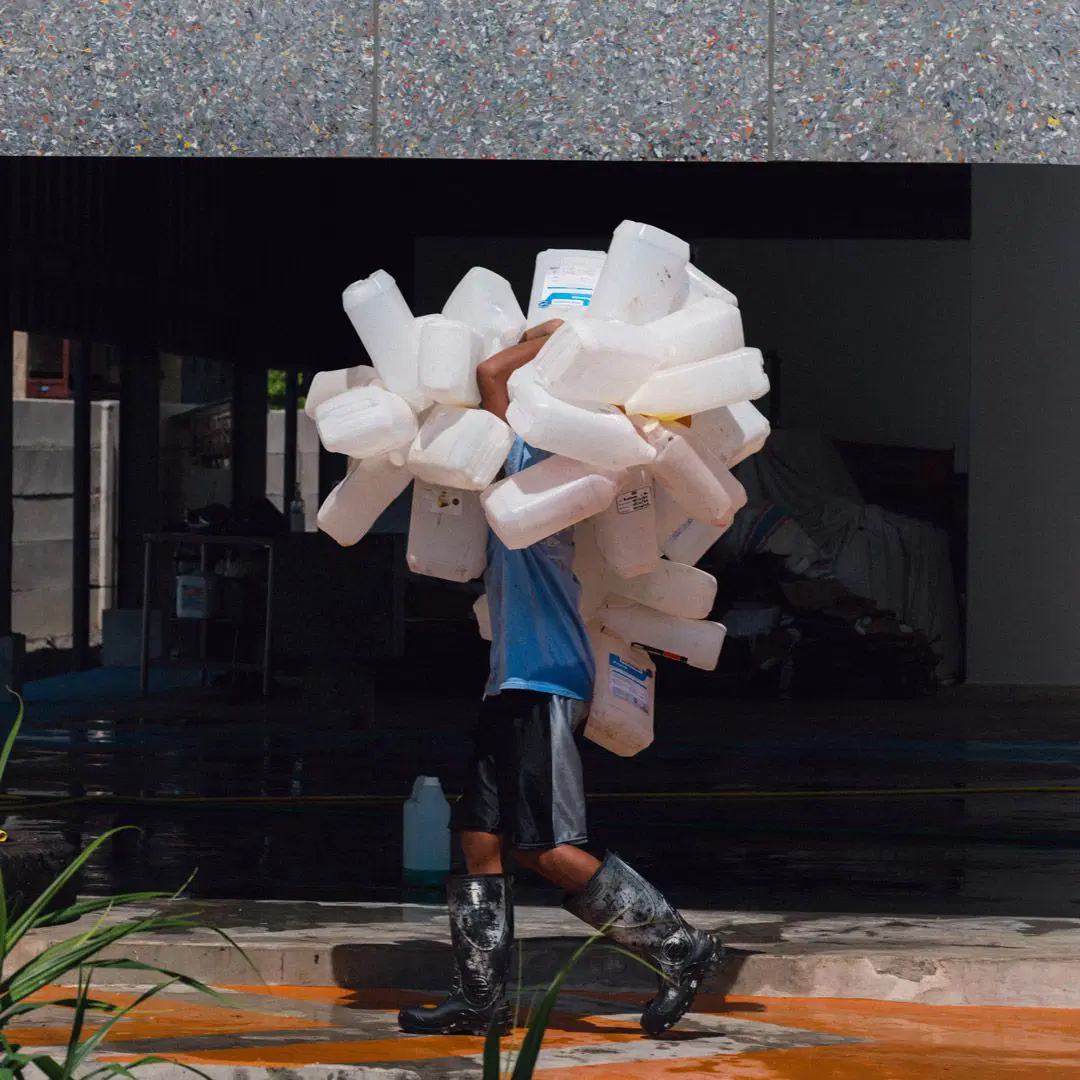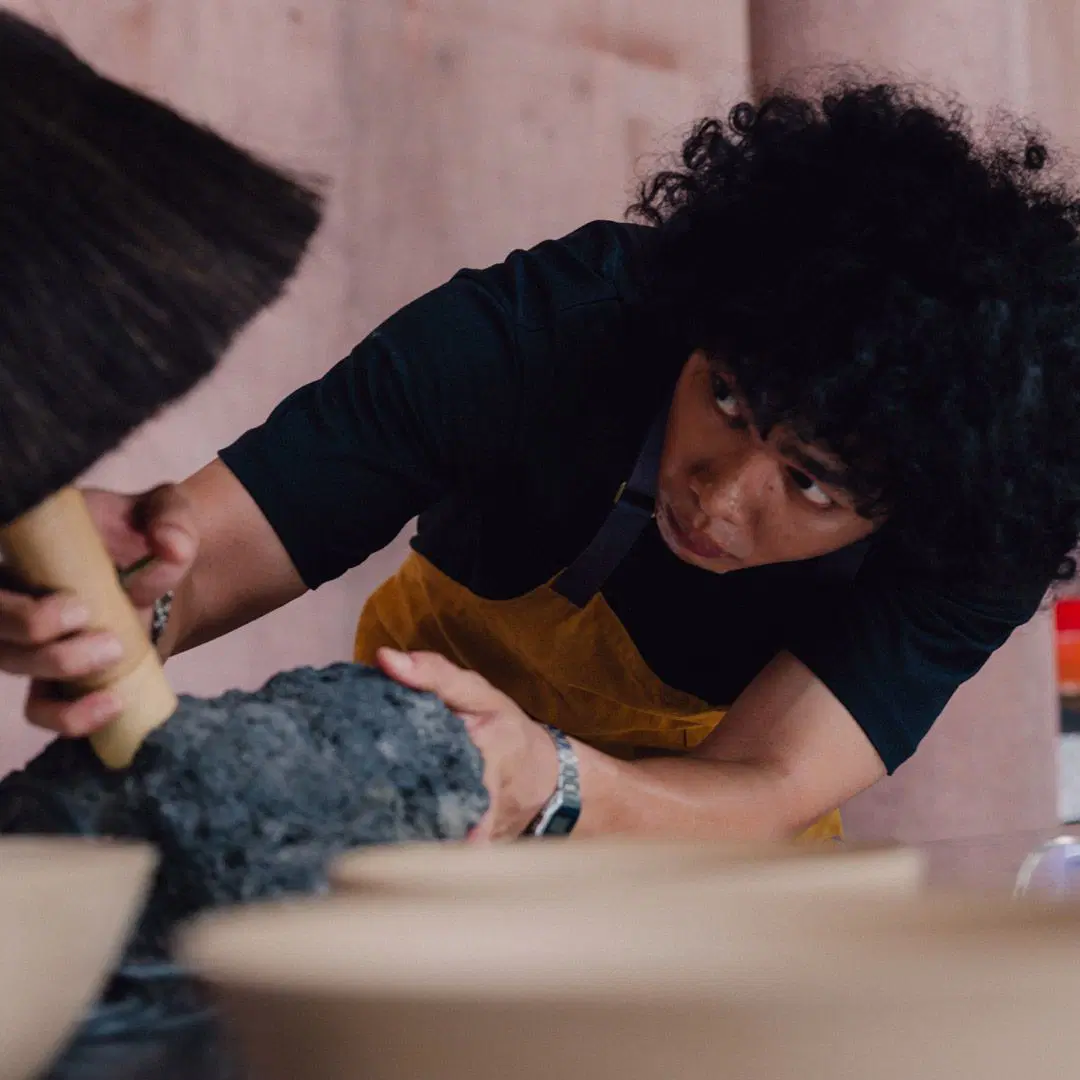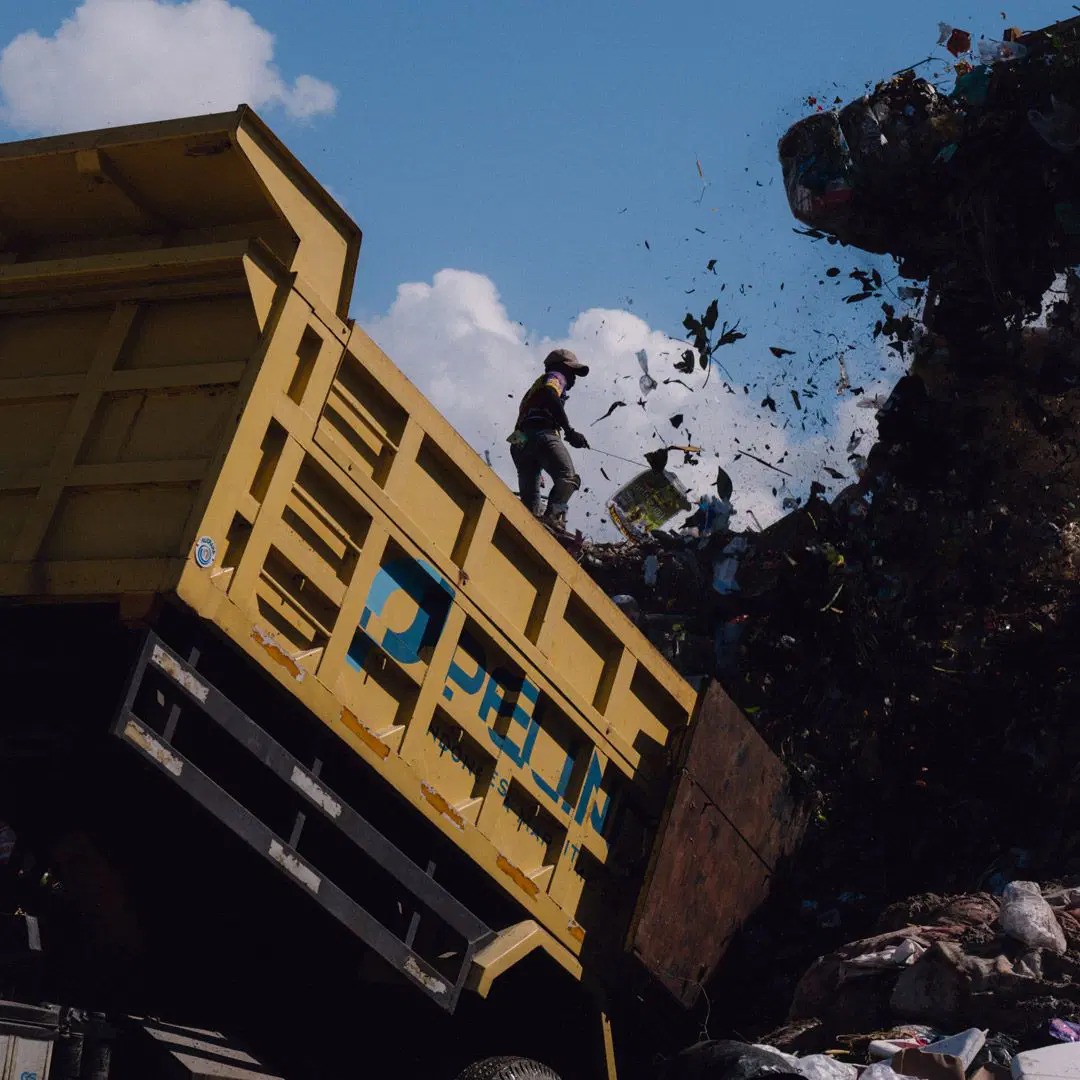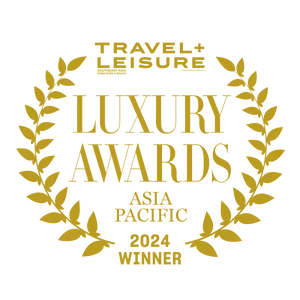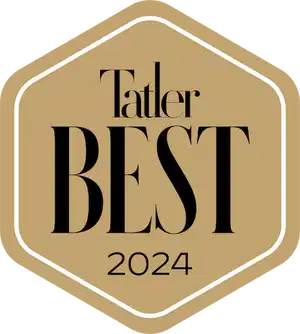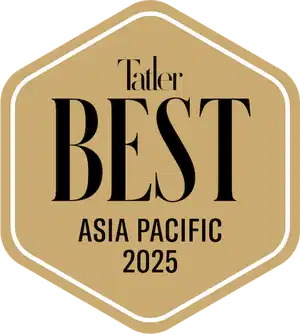Regenerate
Our Philosophy
At Potato Head, we live by the mantra ‘Good Times, Do Good.’ It’s not just something we say to make us feel better. We truly believe that doing good can be a blast. And over many years we have witnessed the way this approach to not only business but life has produced a positive ripple effect in communities outside our own.\
We’re not into preaching. We simply constantly pursue and provide ways to live better and more responsibly, while having incredible fun along the way.\
Take veganism: Instead of presenting it as the only virtuous way to eat, we make plant-forward dishes so delicious that they inspire diners to want only vegetables several times a week. That, we feel, is the path to winning over more and more people to make better choices.
Nobody likes sacrificing quality – either of an experience or product – for sustainability, so through everything we create we are devoted to proving there is no need to compromise.
Additionally, we have an equal responsibility to share our learnings and encourage others to change their approach. And challenge us back! This is not about competition but an improvement all around. The next-generation global citizens are depending on us all.
Our Story
Radical innovation through design, sustainability, and cuisine have driven founder Ronald Akili for 15 years as he’s created world-renowned destinations where the motto is “Good Times, Do Good.” If there’s been one constant in Potato Head’s ever-inspiring journey it’s evolution.
The original Potato Head eatery in Jakarta grew into a Bali outpost comprising restaurants, a beach club and entertainment, and it is now one of the most iconic venues on the island, with multiple boutique hotel concepts and a wildly creative lab reimagining waste into design objects.
Opened in 2020, Desa Potato Head is Ronald’s dream of a creative village realised, one that empowers visitors through rich culture, a zero-waste goal, a fun-loving attitude and the tropical lifestyle that’s so core to Bali’s and Potato Head’s DNA.
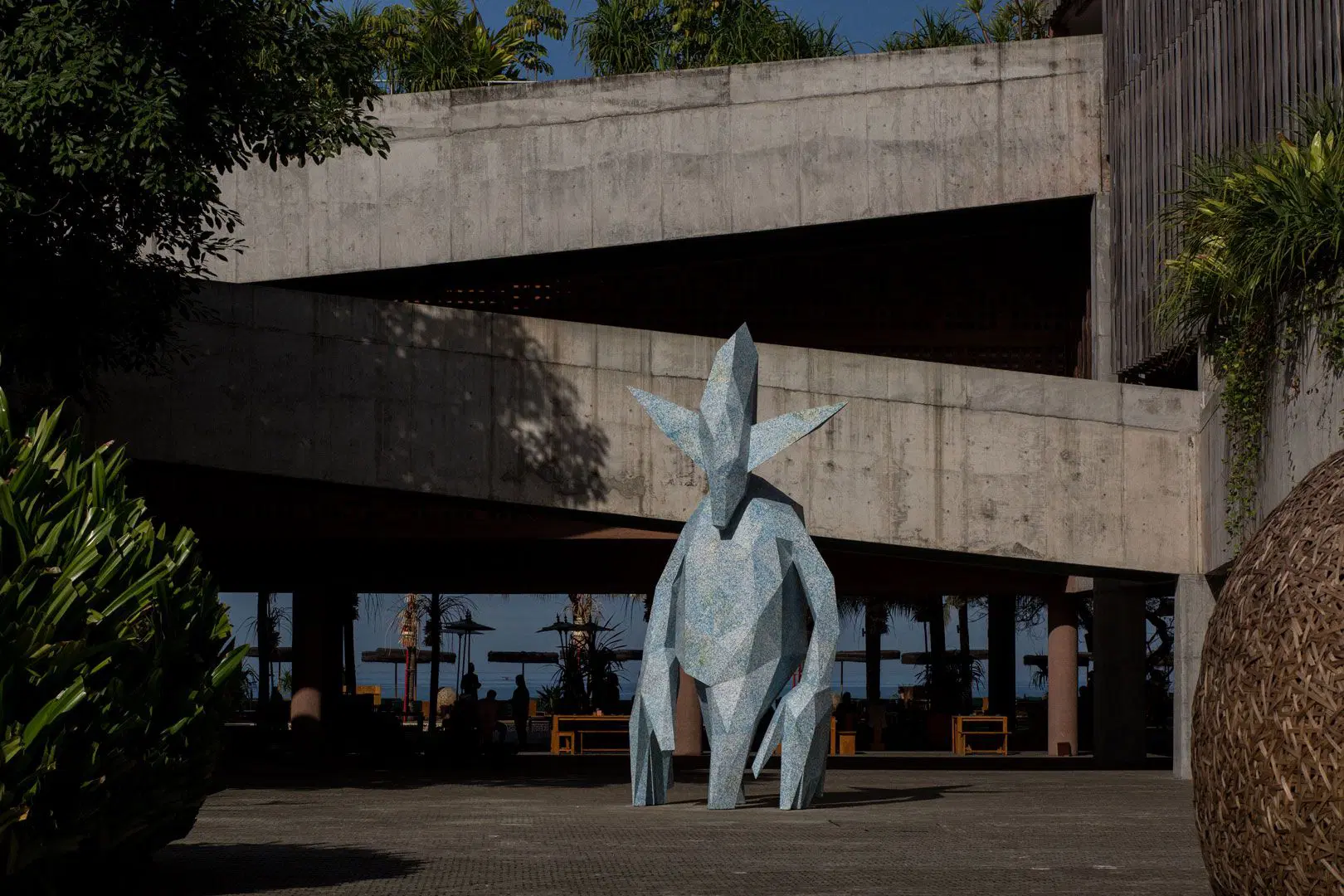
Art Installation
The art installations in the Desa are intended to stir conversations around the environmental issues faced today, and the actions we can take to better them.

Food
We believe in sustainability without compromise, working with local farmers, fishermen and producers wherever possible to ensure that everything on your plate is as nourishing for your body as it is for our community.
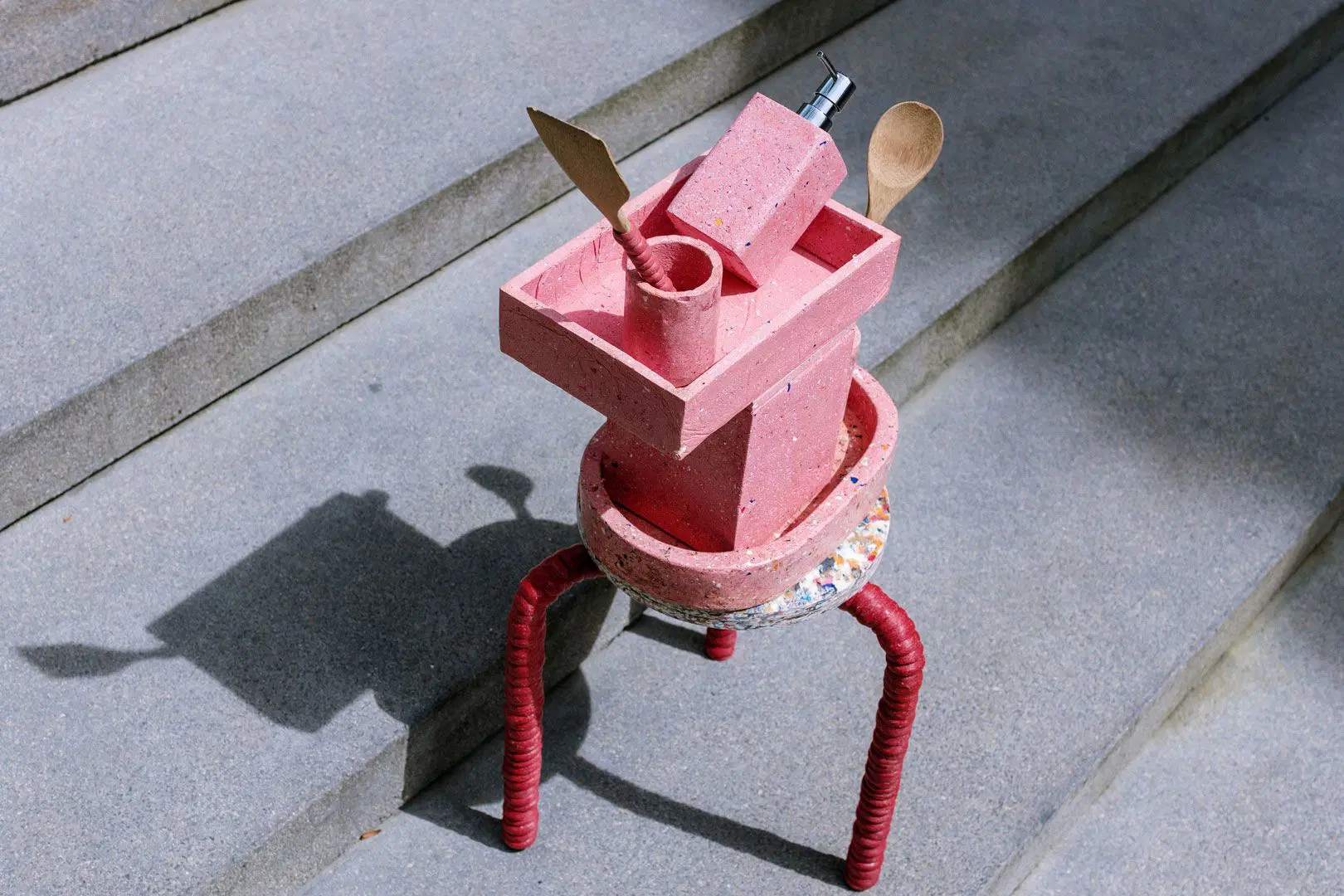
Product
Creating new design objects from old, surplus materials – we’re turning used cooking oil into candles, plastic into chairs, and we’ve even created a new material called Styroshell.
Our Commitment
Regenerative hospitality is fueling the next generation of travel. It’s a new kind of tourism, a way of being in and experiencing a destination that deeply enriches both it and the visitor.
This is not a fad; it’s a commitment to inspire and model change for the hospitality industry as a whole.
Moving towards being regenerative, this is how we started our sustainability journey. Our goal is simple — to become a zero-waste operation and encourage people to do good while having good times.
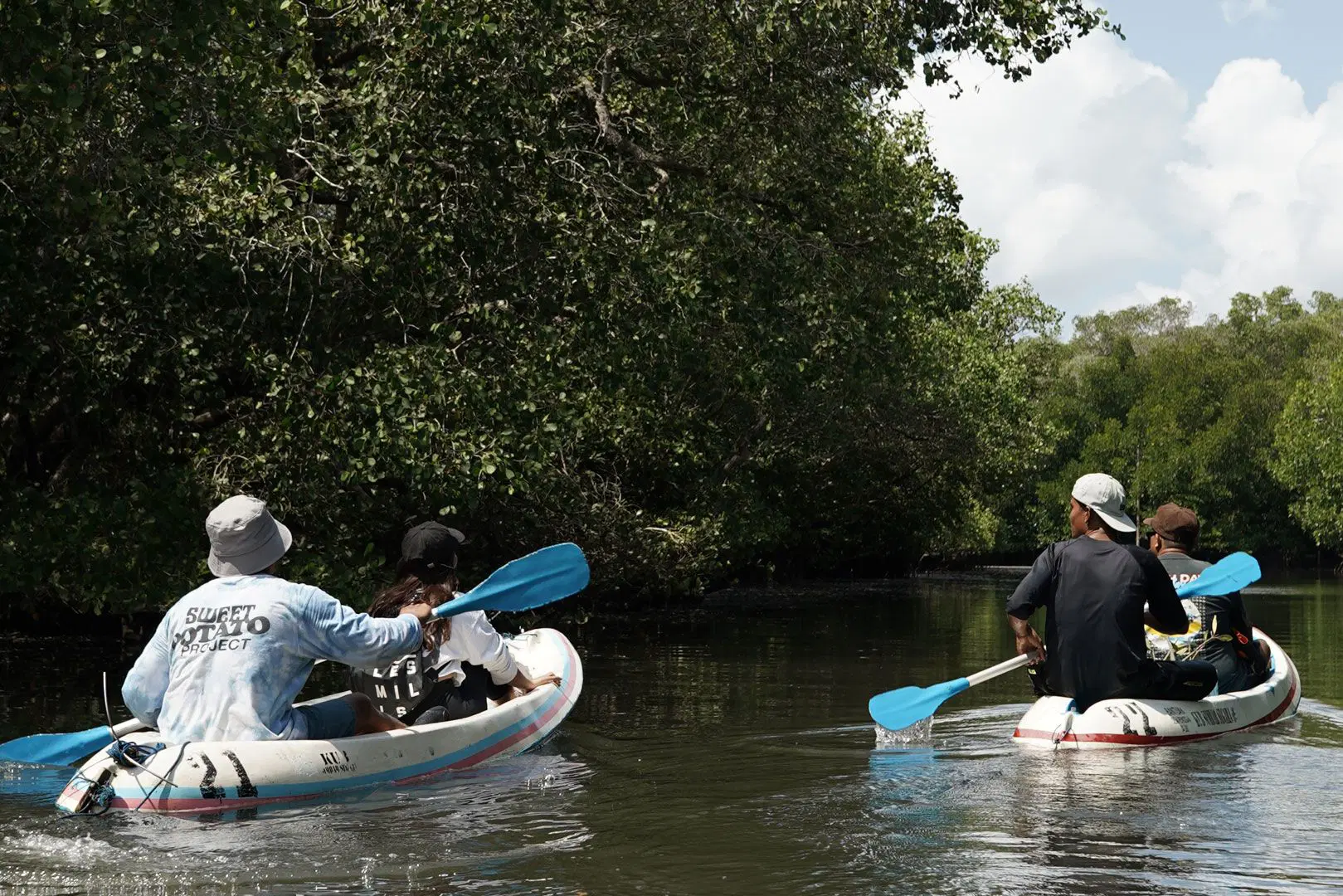
Mangrove Conservation
Since its launch in October 2023, over 440 friends took part - we picked up over 1,113 kg of waste and planted 1,266 seeds.
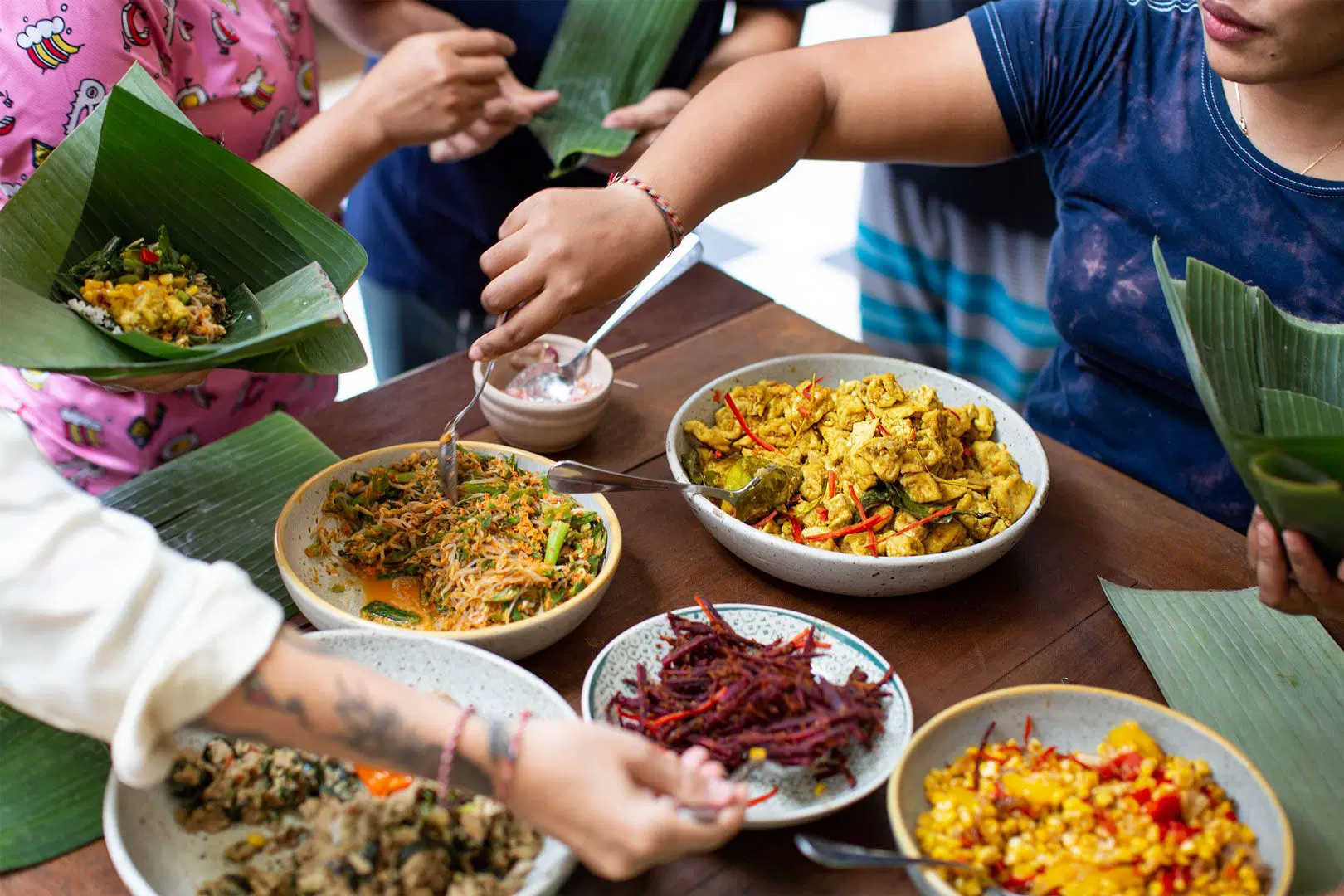
Nasi Bungkus
We set up two thriving syntropic farms in West Bali – providing sustenance and jobs for the local community. Since 2023, our team harvested 9,644 kg of produce and donated 74,661 meals to our community.
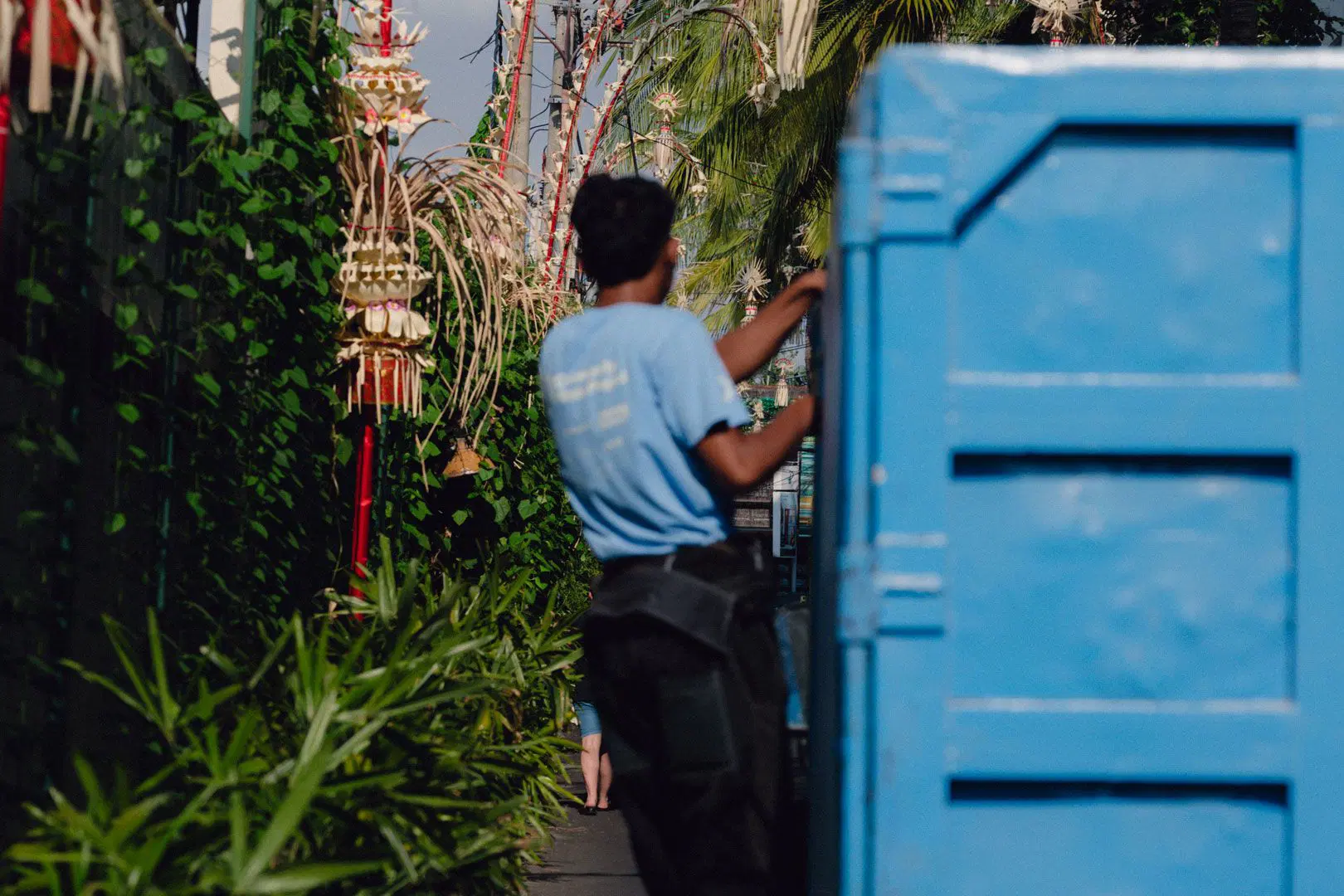
Community Waste Project
A pioneering new facility opened by a group of Bali-based businesses inspired by a zero-waste vision.
Our Actions
The words sustainability and regeneration are often used interchangeably, but there’s an important difference. We started our journey by doing our best to be sustainable, but, at Potato Head, we realised that we didn’t just want things to stay the same. We want to leave the planet in a better place than we found it, and this is what led to the shift from sustainability to regeneration.
Everything we do revolves around the idea of regeneration. We adopt a circular approach, imaginatively upcycling the waste we produce at the Desa into furniture, amenities, art and more.
